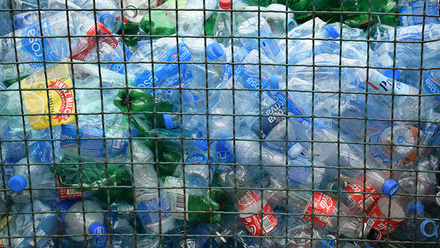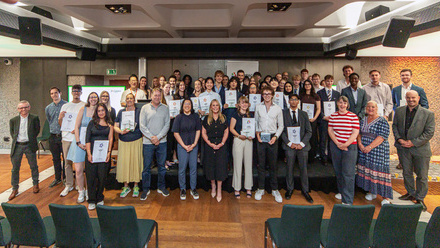Research warns of 'corruption risks' in voluntary carbon markets
The Royal United Services Institute (RUSI) says this has caused 'market uncertainty'.

Voluntary carbon markets (VCMs) create tradeable carbon credits that allow individuals and companies to offset their emissions.
The RUSI report on Scoping Corruption in Voluntary Carbon Markets states, 'Allegations of weak oversight, fraud and corruption in VCMs have caused substantial market uncertainty.'
The research analyses what it calls 'the corruption risks inherent' in VCMs.
The research says that although empirical evidence of corruption in VCMs remains scarce, a lack of transparency, inconsistent regulatory oversight and weak due diligence processes, combined with the complex global web of actors and varying regulatory standards, makes them vulnerable to misconduct – especially in countries with weaker governance.
This report, the first output of a three-part series, says both market booms and downturns may incentivise dishonest behaviour and weaken safeguards.
The key findings are:
- Validation and verification processes are vulnerable: ‘Deficiencies in the validation and verification processes – such as limited know-your-client and anti-money laundering controls – along with potential conflicts of interest, limit the ability of VCMs to prevent corruption.’
- There is limited transparency and inadequate due diligence: ‘Know-your-client checks appear to be run by small teams within the registries and do not typically use specialist independent providers.’
- Existing regulatory frameworks are insufficient: ‘Regulatory ambiguity...creates uncertainty over who is responsible for conducting [corruption] checks.’
- Market volatility increases corruption risk: ‘Market volatility creates conditions ripe for corruption...[Booms] attract opportunistic actors; [busts] weaken due diligence checks.’
They conclude that although VCMs are an essential mechanism for meeting net-zero targets and channelling funds into environmental protection, they face systemic vulnerabilities that – if left unaddressed – can compromise their efficacy and legitimacy.
The report finds that although the conditions allowing for corruption are clearly present, there is limited systematic evidence on exactly how and to what extent corruption impacts VCMs, and whether this risk is greater than in other markets.
The authors lay out priorities for further investigation in subsequent reports.
The research was funded by the University of Sussex and UK Foreign, Commonwealth & Development Office Governance & Integrity Anti-Corruption Evidence (GIACE) Programme.







